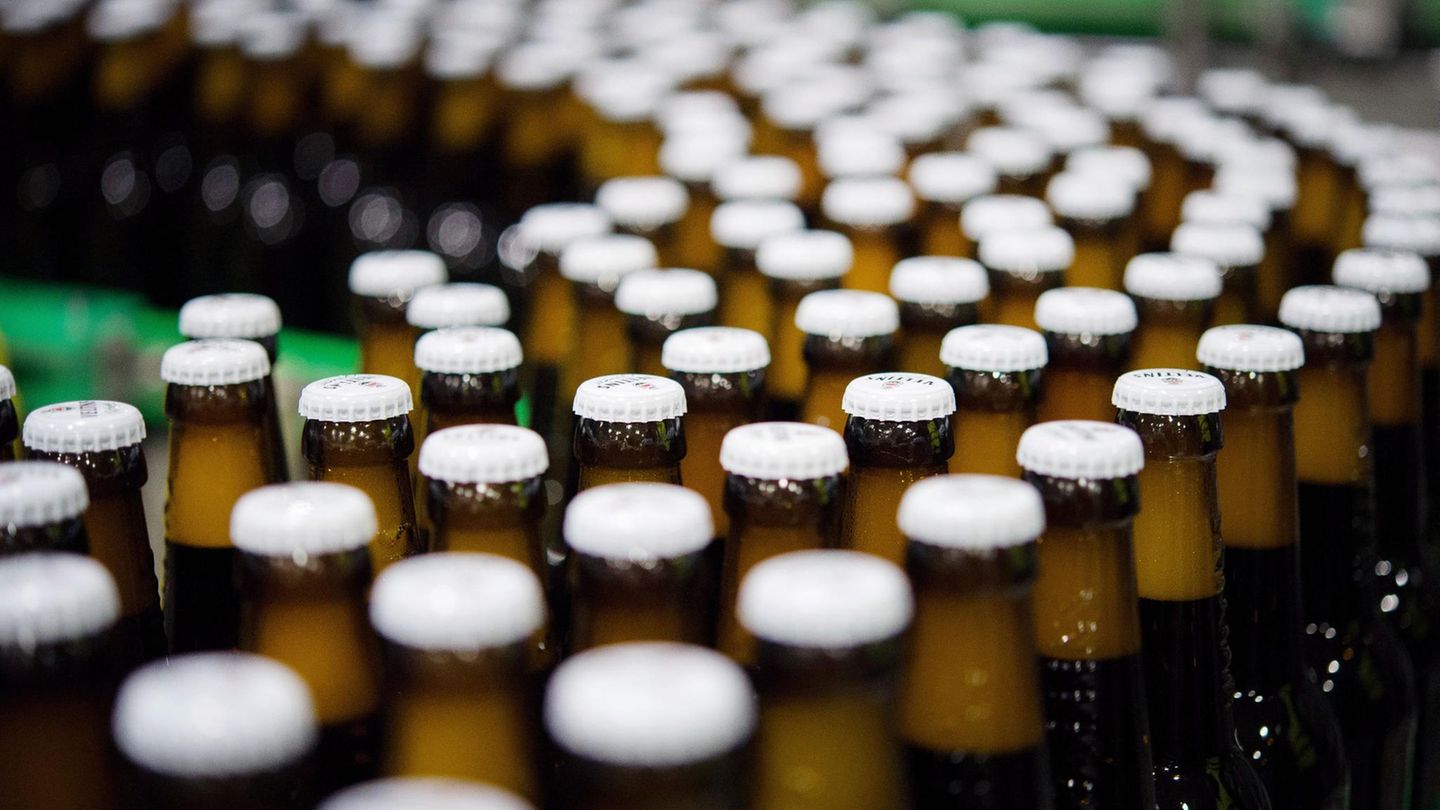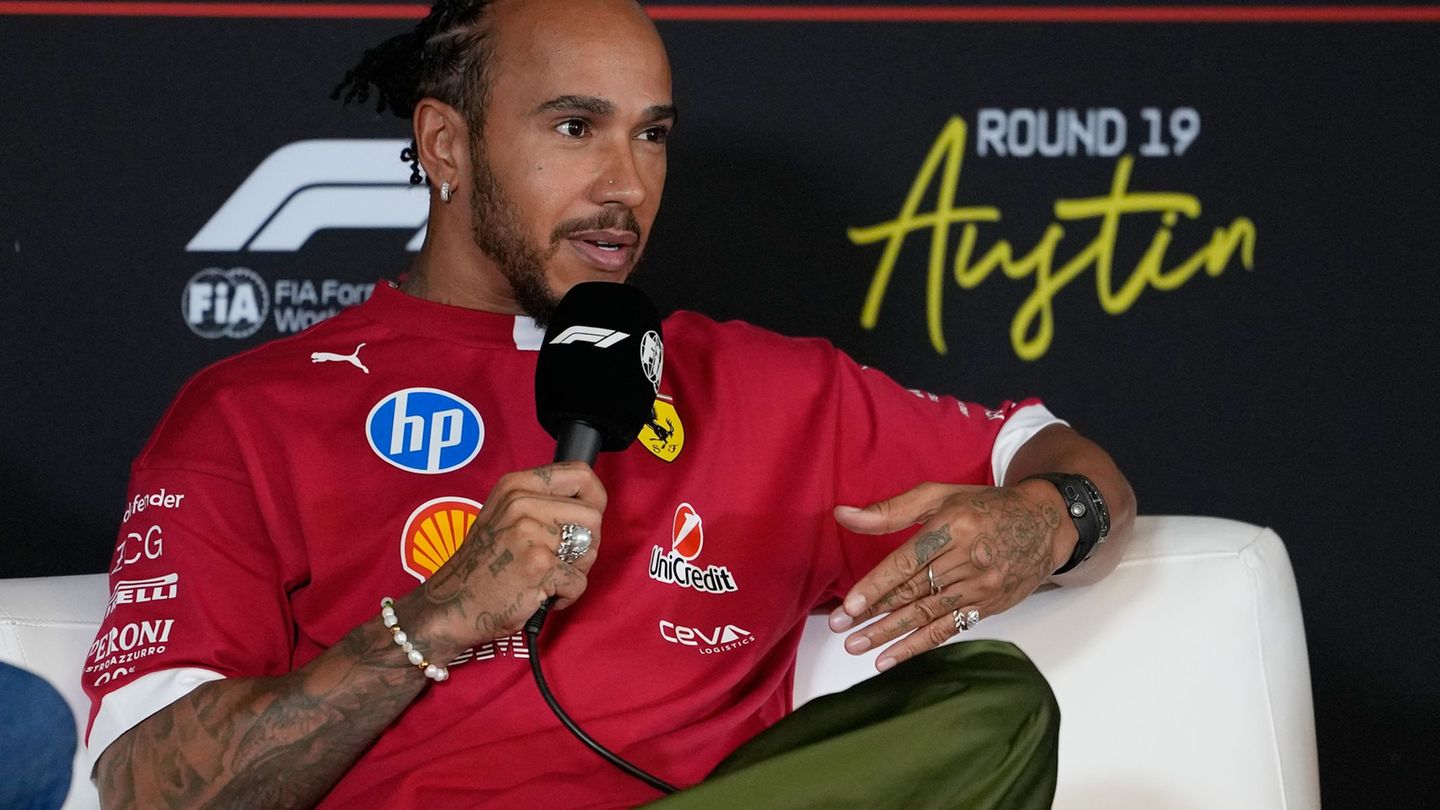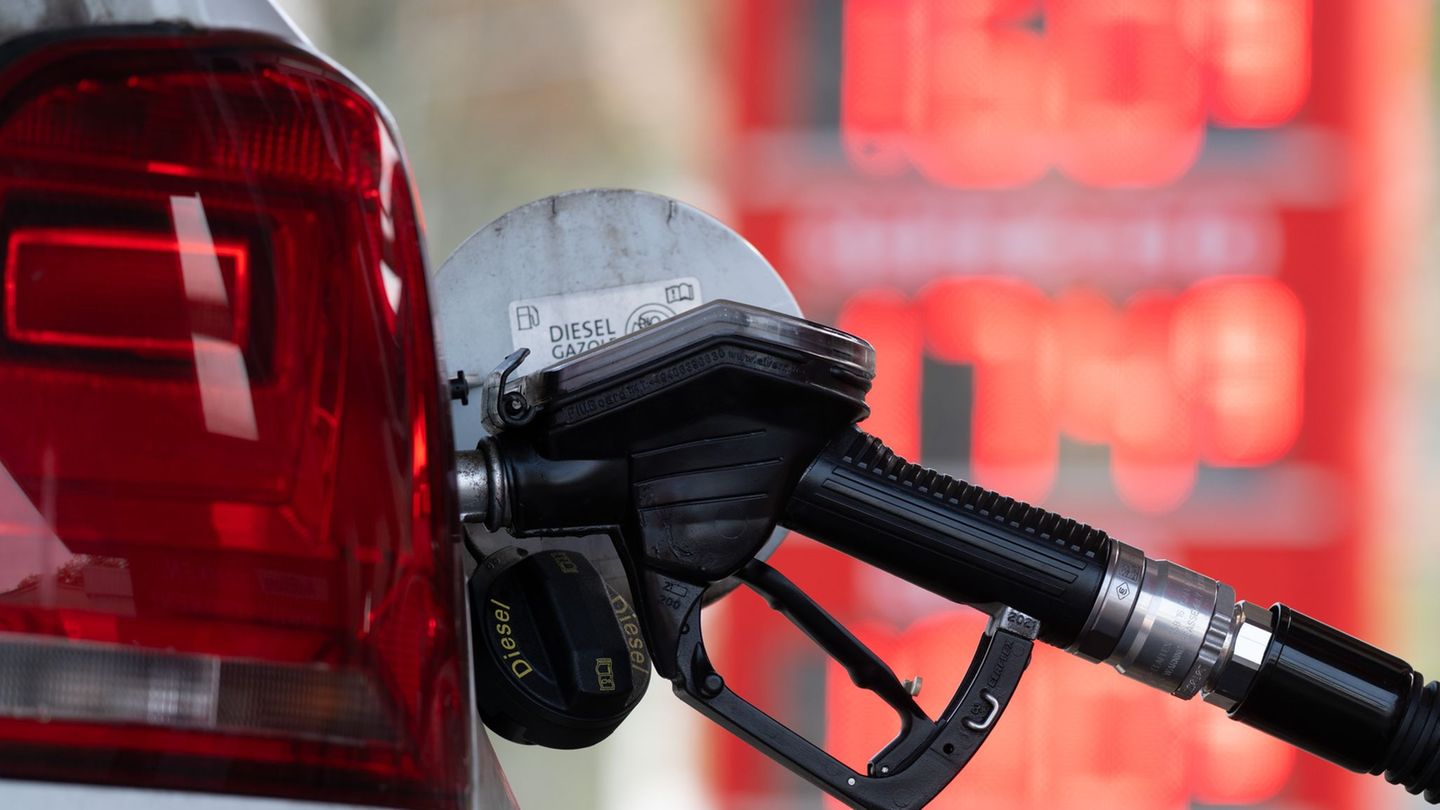The Economics Minister brings into play a taxation of “war profits” on the energy market. Habeck does not see an embargo on Russian gas and oil as an option – but there are also dissenting voices.
Federal Economics Minister Robert Habeck wants to examine ways of curbing a price explosion on the energy markets as a result of the Ukraine war.
The Green politician said after consultations with the energy ministers of the federal and state governments, especially with a view to European regulations, they are examining whether “war profits” from companies that had bought energy very cheaply are now too exorbitant and only driven by the war sold at prices, could be taxed again. This could trigger a dampening effect.
“But I want to say explicitly, there was nobody there. This is a market intervention that we have not yet gone through in Germany.”
Habeck speaks of relief for consumers
One cannot accept the price explosion on the markets, said Habeck. The federal government is examining whether further relief for consumers could be created in view of the price jumps driven by the war and inviting speculation.
On the energy markets, exchange prices for short-term gas deliveries have risen significantly since the start of the Ukraine war.
Warning of economic crisis due to energy embargo
The economics minister strictly rejects an embargo on Russian gas and oil, as the United States is considering – and warns of a severe economic slump. “We are then talking about a severe economic crisis in Germany and thus in Europe,” said the Green politician on the RTL/ntv program “Frühstart”.
According to Habeck, the US announcement of a possible import stop for Russian oil alone drove the oil price up by 50 percent on Monday. All those who demanded a waiver of Russian oil and gas must be clear: “We are not talking about such price jumps, but about a permanent high price maintenance of fossil fuels,” warned the Federal Minister of Economics. You have to be clear about the price you’re going to pay.
It’s not about turning off the lights earlier at night. “The point is that we’re going to have corporate failures and unemployment.” One could say that peace is worth it. “But then you have to persevere. And we’re not talking about three days and not about three weeks, but – I’ll say it now – about three years, “explained Habeck.
Scholz continues to rely on Russian imports
Chancellor Olaf Scholz also recently emphasized that energy imports from Russia would continue to be used. “There is currently no other way to secure Europe’s supply of energy for heating, for mobility, for power supply and for industry,” said the Chancellor. Energy from Russia is essential for everyday life.
German industry also rejected an embargo on Russian energy supplies. “Debates about a European energy embargo against Russia are playing with fire,” said the President of the Federation of German Industries, Siegfried Russwurm. “An embargo threatens to punish Germany and the EU more severely than the aggressor.”
No business with “criminal regime”
The Chair of the Defense Committee of the Bundestag, Marie-Agnes Strack-Zimmermann, sees things differently. The threat by Russian President Vladimir Putin to shut down the Nord Stream 1 gas pipeline “only shows that our sanctions are hitting him hard,” says the FDP politician. “We must now stay in control of the action and decide to start a new chapter in gas and oil. Germany must implement the import stop of these two raw materials from Russia immediately.”
The Young Liberals are also calling for an end to German energy imports from Russia. “Every sanction that has been withheld so far must now be implemented,” explains the chairwoman of the FDP youth organization, Franziska Brandmann. “You do not do business with a criminal regime that is waging war against our friends in Ukraine and is responsible for the deaths of children, young people and other innocent civilians.”
Poll: majority for embargo
According to a representative survey by the opinion research institute Yougov on behalf of the “Handelsblatt”, there is also a majority among the population in favor of stopping oil and gas imports from Russia – even if this jeopardizes the country’s own security of supply.
Accordingly, 54 percent of those surveyed support such a step. When asked, 30 percent said they were “completely” in favor, while 24 percent answered “I tend to agree”. According to the newspaper, 19 percent tend to reject the suspension, and another 17 percent are completely against it.
Source: Stern
David William is a talented author who has made a name for himself in the world of writing. He is a professional author who writes on a wide range of topics, from general interest to opinion news. David is currently working as a writer at 24 hours worlds where he brings his unique perspective and in-depth research to his articles, making them both informative and engaging.




